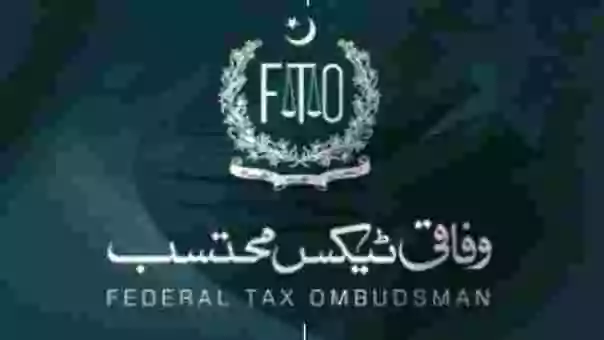Islamabad, Feb 26: The Federal Tax Ombudsman (FTO) has urged the Federal Board of Revenue (FBR) to consider granting a sales tax exemption on local sales of buns and rusks in the 2025 budget proposal. This recommendation follows repeated complaints regarding the ambiguity in the tax treatment of essential food items such as bread, buns, rusks, naan, and roti.
In an issued order, the FTO criticized the FBR for failing to provide clarity on the taxability of these staple goods despite multiple requests. The order labeled this failure as “maladministration” under section 2(3)(ii) of the Federal Tax Ombudsman Ordinance. It directed the FBR’s Member (Tax Policy) to formally respond to the complainant and clarify both the tax status of these items and the correct method for reporting their sales in tax returns to ensure compliance with legal provisions.
The complainant highlighted inconsistencies between the tax exemptions listed in different sections of the Sales Tax Act, particularly the overlap between Table-2 of the Sixth Schedule and Entry 87 of Table-I in the Eighth Schedule. Given these discrepancies, they sought clear guidance on how businesses should report sales of these items in their tax returns.
Additionally, the FTO’s recommendation cited economic concerns highlighted in the World Bank’s “Macro Poverty Outlook for Pakistan.” The report predicts that limited wage growth and employment opportunities will keep the poverty rate near 40% through 2026. With monetary poverty remaining high, a significant portion of the population relies on affordable staple foods such as buns and rusks for daily sustenance.
For many daily wage workers and laborers, a simple breakfast of a bun or rusk with tea is a routine necessity rather than a luxury. Given this reality, the FTO recommended that the FBR reconsider the taxability of these products, aligning tax policies with the economic challenges faced by low-income citizens.
As the government prepares the 2025 budget, the FTO’s recommendation places pressure on the FBR to reassess its taxation policies on essential food items. If implemented, the proposed exemption could provide much-needed relief to lower-income groups struggling with rising living costs.
